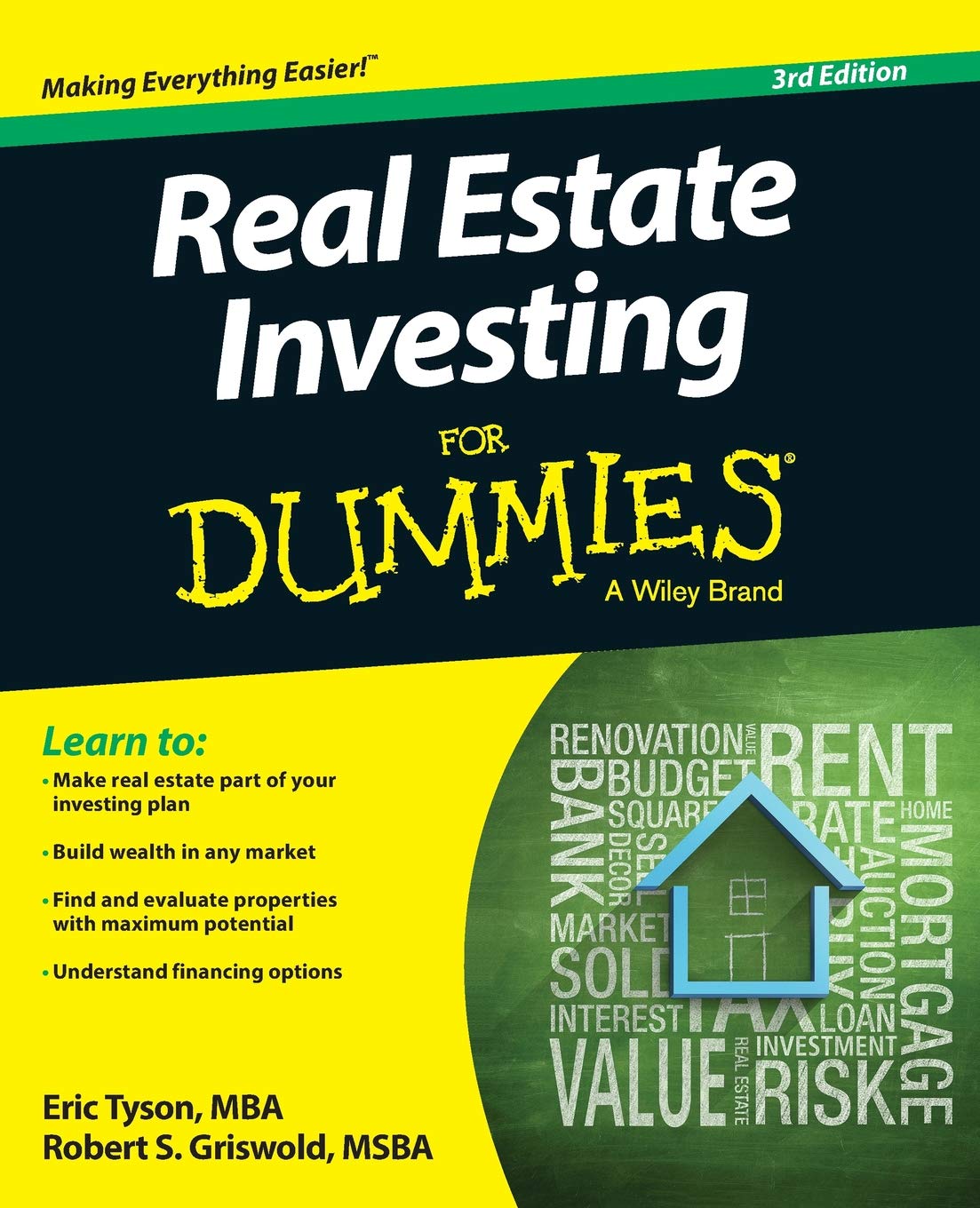
If you buy and sell an investment property, such as a rental property, within one year, your earnings will be considered short-term capital gains. If it fits with your goals, available resources, and personality, fast-paced, high-risk house flipping ventures may be what makes the most sense for you. Furthermore, in certain rental market climates, a landlord must either endure vacancies or charge less rent in order to cover expenses until things turn around. Appreciation is realized when an investor sells an equity investment. Opportunity Funds An Opportunity Fund is an investment model where one investor or several investors pool their money together into a single fund to make investments in Qualified Opportunity Zones.
For many, real estate investing is uncharted territory. When approached correctly, real estate can offer a lucrative and reliable way to generate substantial returns both over the short term and the long term. Real estate can create a consistent income stream while supplementing your portfolio with unique benefits, including appreciation potential, portfolio diversificationand tax advantages. Despite obvious upsides, real estate can seem intimidating without an obvious starting point. In this article, we discuss the fundamentals of real estate investing, including nine different ways that you can get started right away. Real estate investing is the rea, ownership, lease, or sale of land and any structures on it for the purpose of earning money. Real estate generally breaks down into four categories: residential, commercial, industrial, and land.
An Overview of Investing Basics for Beginners

Buying and owning real estate is an exciting investment strategy, that can be both satisfying and lucrative. Unlike stock and bond investors, prospective real estate owners can use leverage to buy a property by paying a portion of the total cost up front, then paying off the balance, plus interest , over time. This ability to control the asset the moment papers are signed emboldens both real estate flippers and landlords, who can, in turn, take out second mortgages on their homes in order to make down payments on additional properties. Ideal for: People with DIY and renovation skills, who have the patience to manage tenants. What It Takes to Get Started: Substantial capital needed to finance up-front maintenance costs and cover vacant months. Pros: Rental properties can provide regular income while maximizing available capital through leverage.
In practice, REITs are a more formalized version of a real estate investment group. Equity ownership can be eestate active or passive investment depending on the position of the investment within the capital stack. Taxation of that income depends on several factors, but generally speaking, income earned through lsarn rental property is taxable annually and subject to ordinary income tax rates. This eats away at their return potential when they sell it. Personal Finance. Other structures, such as private equity funds, can distribute partnership income according to the percentage of the partnership owned by the investor. Upon the sale of an investment, these returns are considered capital gainsand subject to a capital gains tax. This property category further divides into four classes that include office, industrial, multifamily, and retail. Unlike most real estate investments, these are highly liquid with no investment minimum other than the learrn of the share, so investors can buy and sell them easily. Full Disclosure The publicly filed offering circulars of the issuers sponsored by Rise Companies Corp. While the data we use from third parties is believed to be reliable, we cannot ensure the accuracy ldarn completeness of data provided by investors or other third parties. For many, real estate how to learn to invest in real estate is uncharted territory.

Comments
Post a Comment